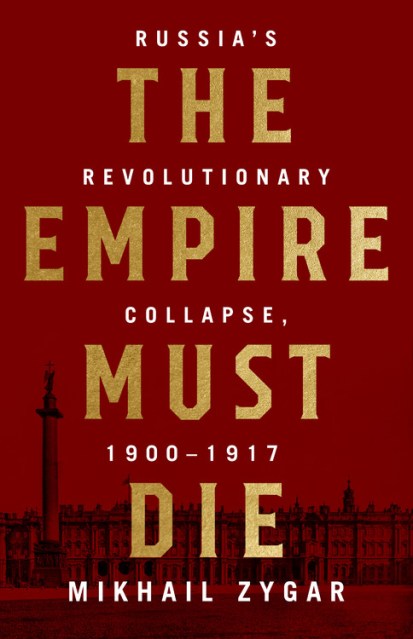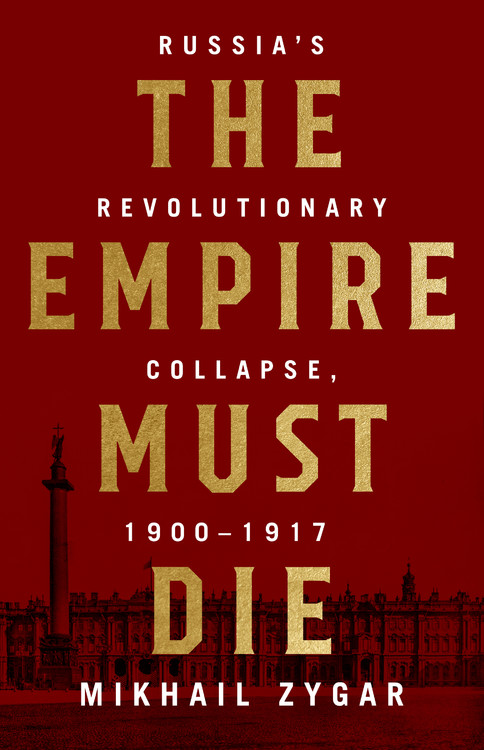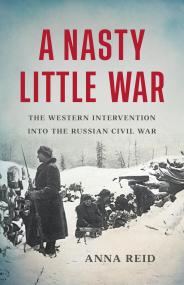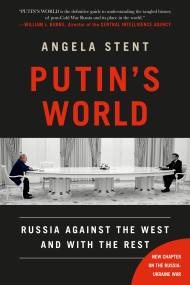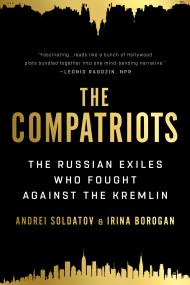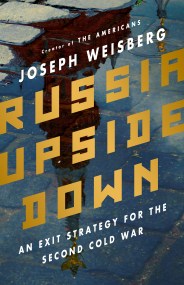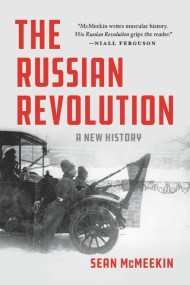Promotion
Use code MOM24 for 20% off site wide + free shipping over $45
The Empire Must Die
Russia's Revolutionary Collapse, 1900-1917
Contributors
Formats and Prices
Price
$47.00Price
$60.00 CADFormat
Format:
- Hardcover $47.00 $60.00 CAD
- ebook $16.99 $21.99 CAD
This item is a preorder. Your payment method will be charged immediately, and the product is expected to ship on or around November 7, 2017. This date is subject to change due to shipping delays beyond our control.
Also available from:
In 1912, Russia experienced a flowering of liberalism and tolerance that placed it at the forefront of the modern world: women were fighting for the right to vote in the elections for the newly empowered parliament, Russian art and culture was the envy of Europe and America, there was a vibrant free press and intellectual life. But a fatal flaw was left uncorrected: Russia’s exuberant experimental moment took place atop a rotten foundation. The old imperial order, in place for three hundred years, still held the nation in thrall. Its princes, archdukes, and generals bled the country dry during the First World War and by 1917 the only consensus was that the Empire must die.
Mikhail Zygar’s dazzling, in-the-moment retelling of the two decades that prefigured the death of the Tsar, his family, and the entire imperial edifice is a captivating drama of what might have been versus what was subsequently seen as inevitable. A monumental piece of political theater that only Russia was capable of enacting, the fall of the Russian Empire changed the course of the twentieth century and eerily anticipated the mood of the twenty-first.
Genre:
- On Sale
- Nov 7, 2017
- Page Count
- 576 pages
- Publisher
- PublicAffairs
- ISBN-13
- 9781610398312
Newsletter Signup
By clicking ‘Sign Up,’ I acknowledge that I have read and agree to Hachette Book Group’s Privacy Policy and Terms of Use
